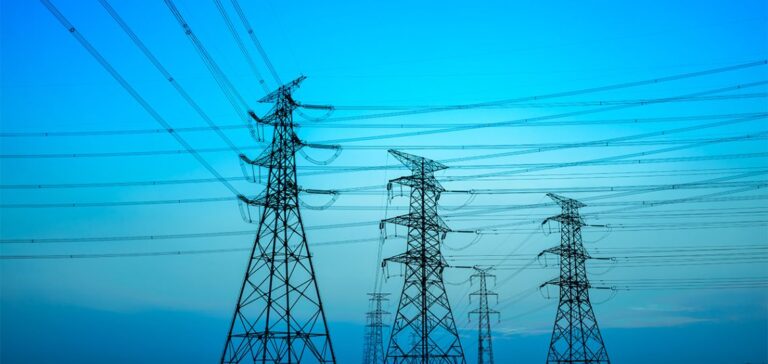France’s electricity exports reached an unprecedented level in 2024, bringing in €5 billion, according to data from Réseau de Transport d’Électricité (RTE). This performance was driven by an increase in exported volumes, which offset the decline in market prices.
Increasing volumes despite falling prices
With 101.3 terawatt-hours (TWh) exported, electricity flows reached a historic peak. The net export balance stood at 89 TWh, surpassing the previous record of 76 TWh in 2002. This trend was supported by abundant domestic production and competitive prices in European markets. In comparison, France’s spot market electricity prices averaged €58/MWh in 2024, down from €97/MWh in 2023 and €276/MWh in 2022.
The main importers of French electricity
Among the largest buyers of French electricity, Italy leads with 32% of exports, followed by Germany (18%) and Belgium (15%). These flows result from France’s competitive supply, bolstered by strengthened nuclear production after the challenges faced in 2022 due to stress corrosion issues in some reactors.
A positive trade balance but limited impact on the energy bill
The electricity trade balance shows a surplus of €5 billion, equivalent to the gross export value. Electricity imports, while present at certain times of the year, benefited from low prices thanks to abundant decarbonized production in Europe.
Despite this record performance, the electricity sector remains a limited part of France’s overall energy trade balance. In 2024, fossil fuel imports cost more than €64 billion, highlighting the still dominant role of fossil fuels, which account for nearly two-thirds of the country’s energy consumption.






















